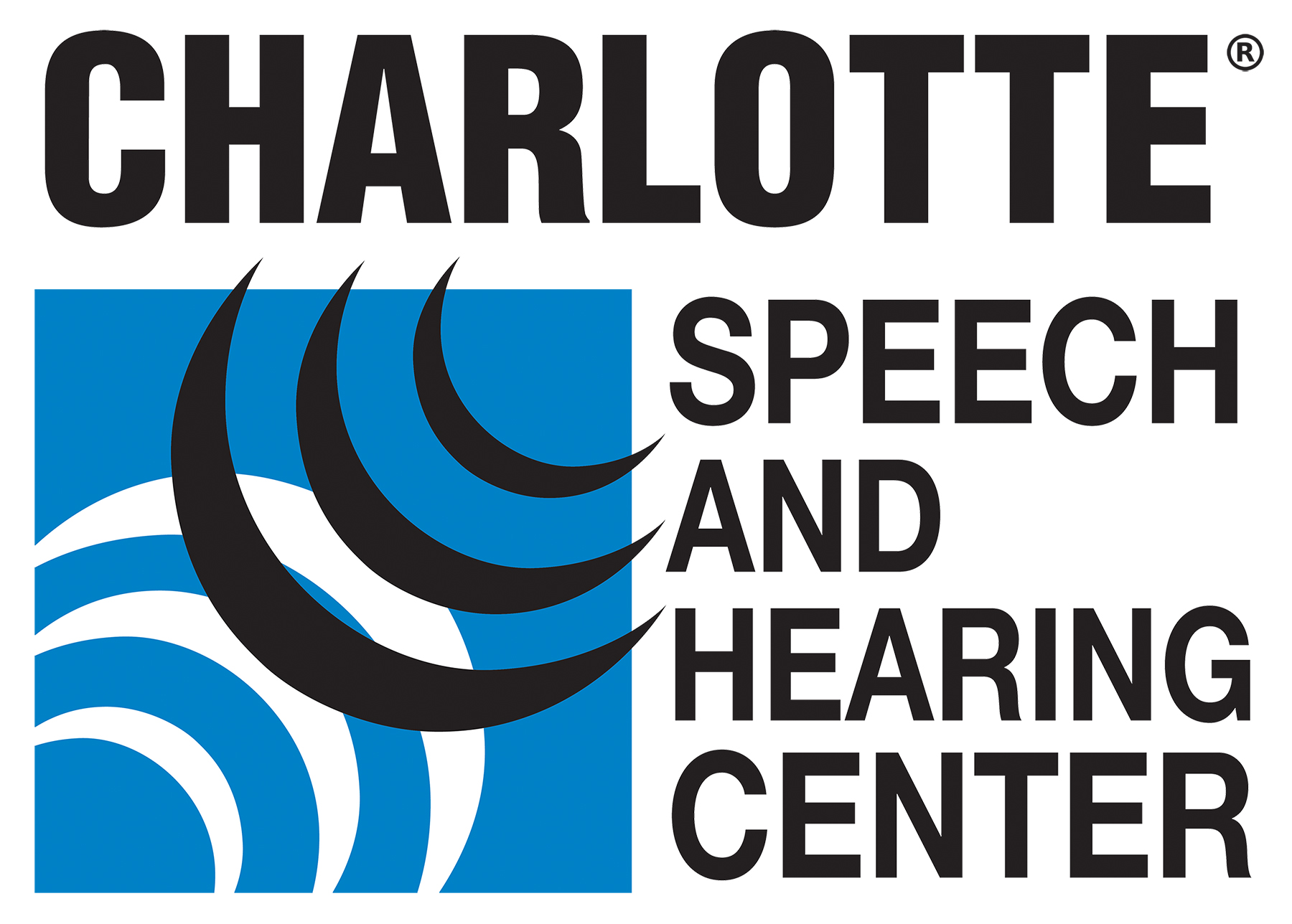As a Speech-Language Pathologist, I am often asked- “What can I do as a parent to improve my child’s speech? language? vocabulary?”
My best advice is to make the most of your daily activities (i.e. cooking and eating, playtime, etc.) There are a lot of simple things you can do during these activities that help your child develop a larger vocabulary, enhance language, and improve speech.
One of my favorite ways to practice speech and language is by making the most of storytime! I recently wrote a blog on this topic for the Charlotte Mecklenburg Library and thought it would be perfect to share with Macaroni Kid readers as well.
I do want to preface my post, though, with this thought: You do not have to follow every tip! There is a lot of information following, which can be overwhelming. Follow the tips you feel are easy to remember and incorporate into your daily storytime. And remember that you want to maintain the flow of the book and enjoyment without too many pauses for questions and comments.

Now, it is story time in your household and you and your child/children are about to sit down to read together. Before you do, help your child pick the books you will be reading. Pick something that is interesting to her/him. It is a great idea to read holiday-themed books after the holiday because this helps your child relate the book to her/his real-life experiences (i.e. “Do you remember getting Valentines from your classmates last month?”).
You have chosen your books and are ready! But before reading, I would recommend talking with your child about the book.
- Introduce the book by title, author, and illustrator.
- Count the number of words in the book title.
- Brainstorm about the story based on the cover and the title of the book.
- Ask your child to identify any letters from their names in the title.
It is time to read now and there are also some great things you can do while reading the book with your child to help improve her/his language and comprehension.
- Point to the text as you read.
- Label characters and settings.
- Segment multisyllabic words (i.e. Ha-lo-ween). Begin tapping them out down your arm, one syllable at a time.
- Summarize the main points.
- Label objects, actions, adjectives, and adverbs.
- Label emotions.
- Ask questions that increase awareness of “gaps” in the story.
- Highlight cause and effect relationships.

If some of these recommendations seem a little too easy or advanced for your child and her/his age, remember these things:
For younger listeners:
- The goal is to increase vocabulary.
- Use a variety of descriptors and prepositions (in, behind, under).
- Give insight about your own thoughts (i.e. "That makes me think/wonder/feel ...").
For more advanced listeners:
- Ask basic questions (i.e. “Who is in the story? Where are they going?”).
- Ask higher-level/open-ended questions (i.e. “What do you think might happen next?”).
- Make connections: Compare and contrast characters or events. Make real-life connections when possible.
Consider what is expected at your child’s age level and modify your statements and questions accordingly. Using these techniques is also really helpful when reading with children of different ages.
By incorporating a few of these suggestions into your daily story time routine, you can help your child expand her/his vocabulary and improve reading comprehension exponentially!

If you are interested in learning more about improving your child’s speech through daily activities, visit Charlotte Speech and Hearing Center’s Resources For Families page at https://charlottespeechhearing.com/posts/.
CSHC is also offering speech-language teletherapy services to children in need, including children not receiving I.E.P. services while schools are closed. Thanks to support from the Charlotte community’s COVID-19 Response Fund, Charlotte Speech and Hearing Center is offering these services to not just existing patients, but to the community at large, at a greatly reduced cost. If you are in need of speech-language support, parent consults, and/or coaching during COVID-19, please contact me, Angie Rikard, at arikard@charlottespeechhearing.com.
Angie Rikard Bio
Angie Rikard is the Director of Speech-Language Services at Charlotte Speech and Hearing Center. She graduated with her Master’s degree in Communication Disorders from Appalachian State University in 1999 and has been serving adults and children in Charlotte ever since. Angie is also a singer and songwriter and mother of 2 outstanding young men.


